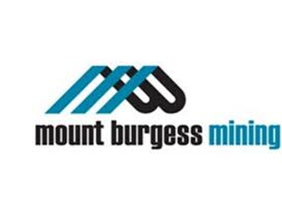Investing.com -- Temu’s growth in the U.S. appears to be faltering, with key customer engagement metrics hitting new lows, according to Barclays’ latest data.
Fresh quarterly analysis of Barclaycard spending shows that new U.S. buyer activations dropped more than 20% quarter-on-quarter, bringing the metric nearly 18% below the baseline seen in early 2023, when Temu began scaling its operations in the country.
“New buyer activations are now trending down just shy of -60% from the 3Q23 peak,” analysts led by Trevor Young said in a Monday note.
Retention rates are also deteriorating. The retention rate for the fourth-quarter 2024 cohort fell to around 30% in the following quarter, the lowest on record. This “reflects a continual step down in retention we’ve observed for some time,” the analysts said.
Annual cohort retention for 2024 has declined by 11 percentage points year-over-year, to just 26%, showing a diverging trend relative to competitors such as Amazon (NASDAQ:AMZN), Etsy (NASDAQ:ETSY), Chewy (NYSE:CHWY), and eBay (NASDAQ:EBAY), all of which have shown improved retention compared to the prior year.
On a more positive note, purchase frequency continues to climb, data shows, with the 1Q25 cohort averaging 3.64 transactions per buyer in their first quarter on the platform—a nearly 50% increase compared to the same period in 2023.
However, average order values have shown mixed trends, and Temu’s overall share of wallet among its users has declined sharply, particularly in May.
Barclays (LON:BARC) notes that most of the data analyzed predates recent developments, including the May 2 elimination of the de minimis import exemption and the so-called “Liberation Day” tariffs.
“More recent trends are likely to show further deterioration from what we present here,” the analysts warned.
While some spend overlaps remain with platforms like Shein and discount retailers, Temu continues to trail peers in penetration and user growth.
Barclays views the data as a negative signal for Temu’s U.S. prospects, but a potential positive for domestic e-commerce firms, particularly Amazon, Etsy, and eBay.





